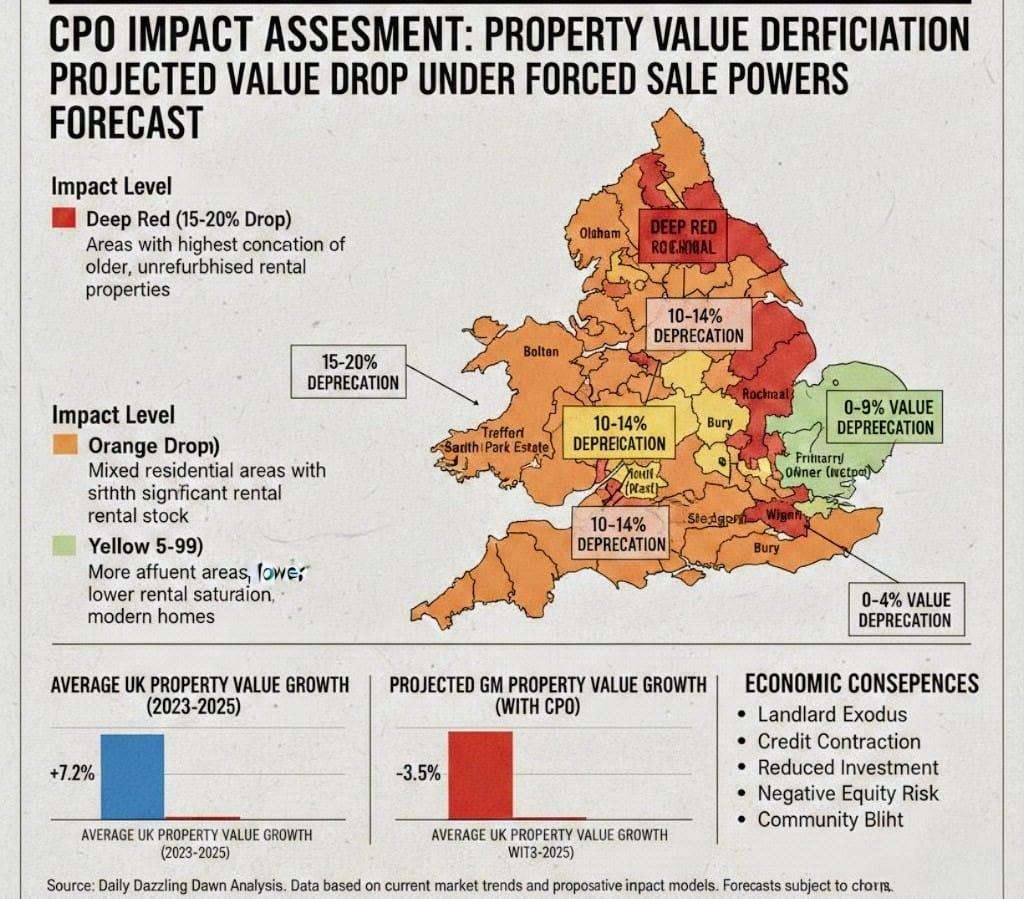The amount of money that people require to afford the necessities of life is not covered by universal credit.
In the UK, millions of people are living in cold and wet houses, going without food, and becoming behind on their payments because their benefits aren't keeping up with their basic needs.
According to recent study by the Joseph Rowntree Foundation, almost a million individuals are just £10 a week away from living in poverty. 200,000 kids are included in that.
- Nearly one million people only £10 a week away from poverty, study finds
- Universal credit claimants lose more than £1bn a year to ‘automatic DWP deductions’
- Next government must increase universal credit so people have enough money to survive
Around seven million households across the country had gone without essentials like showers, clothing or toiletries in the last six months, or had gone hungry or skipped meals in the last 30 days.
The Joseph Rowntree Foundation, the Trussell Trust and the Big Issue, backed by more than 100 organisations, are calling for an ‘essentials guarantee’ to be implemented into universal credit so people can at least afford the basics they need to live.
It is one of the asks in the Big Issue’s Blueprint for Change, which sets out how the next government can end poverty for good. So how would an essentials guarantee work? How much should universal credit increase? And how can you show your support? We explain all you need to know.
How much must universal credit increase for people to afford the essentials?
The Joseph Rowntree Foundation estimates that in order for people to afford basic necessities, universal credit should be at least £120 per week.
This indicates that the usual universal credit allotment for individuals over the age of 25 is approximately £30 per week, or £120 per month, short of what they need.
The deficit is significantly greater for those under 25, coming in at almost £48 per week.
Younger couples are £87 short every week, while couples over the age of 25 are out of pocket £57 every week.
How many people on universal credit would benefit from a guarantee for essentials?
Around 8.8 million low-income families would benefit from an essentials guarantee. That includes 3.9 million families with children.
Over half of all working-age families in the UK with a disabled family member would benefit.
Then you’ve got the wider benefits for the population as a whole – NHS staff would be under less pressure, food banks would get some relief, local councils would no longer have to help as many people get out of financial crisis, and we would see safer streets because of reduced crime rates… In the long term, it’s an investment for the taxpayer.
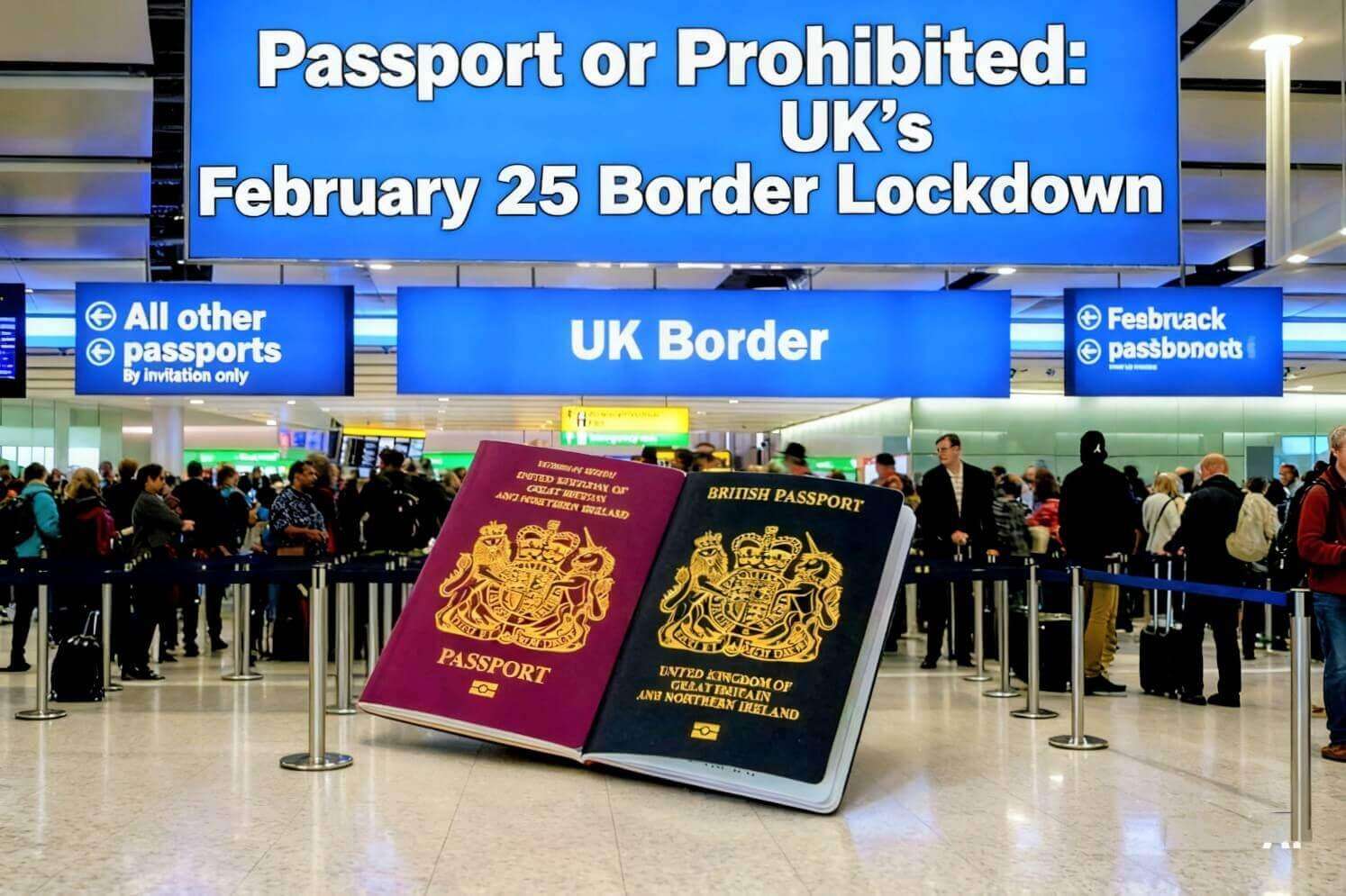


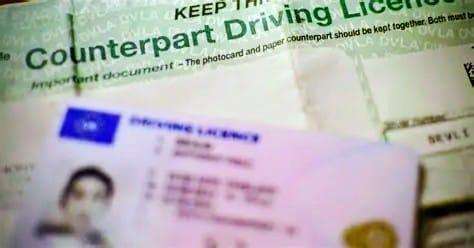
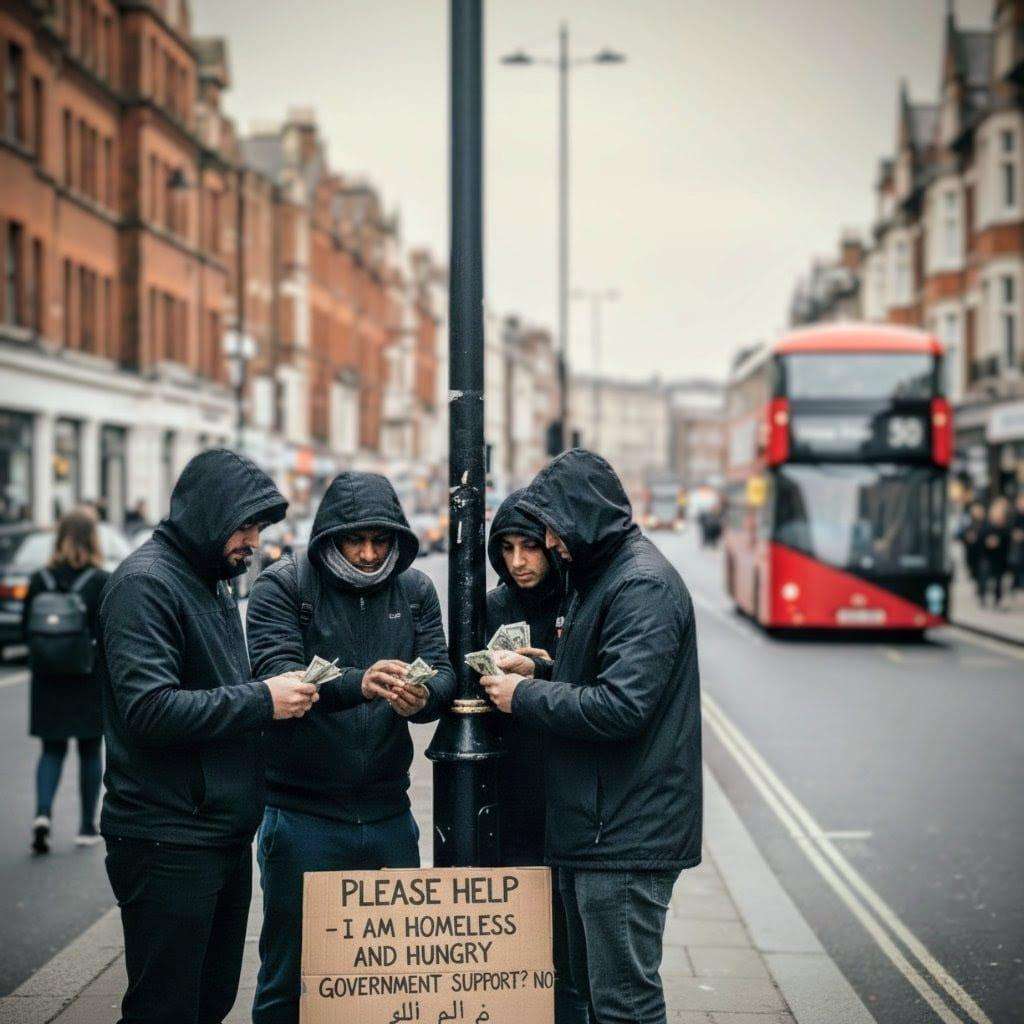


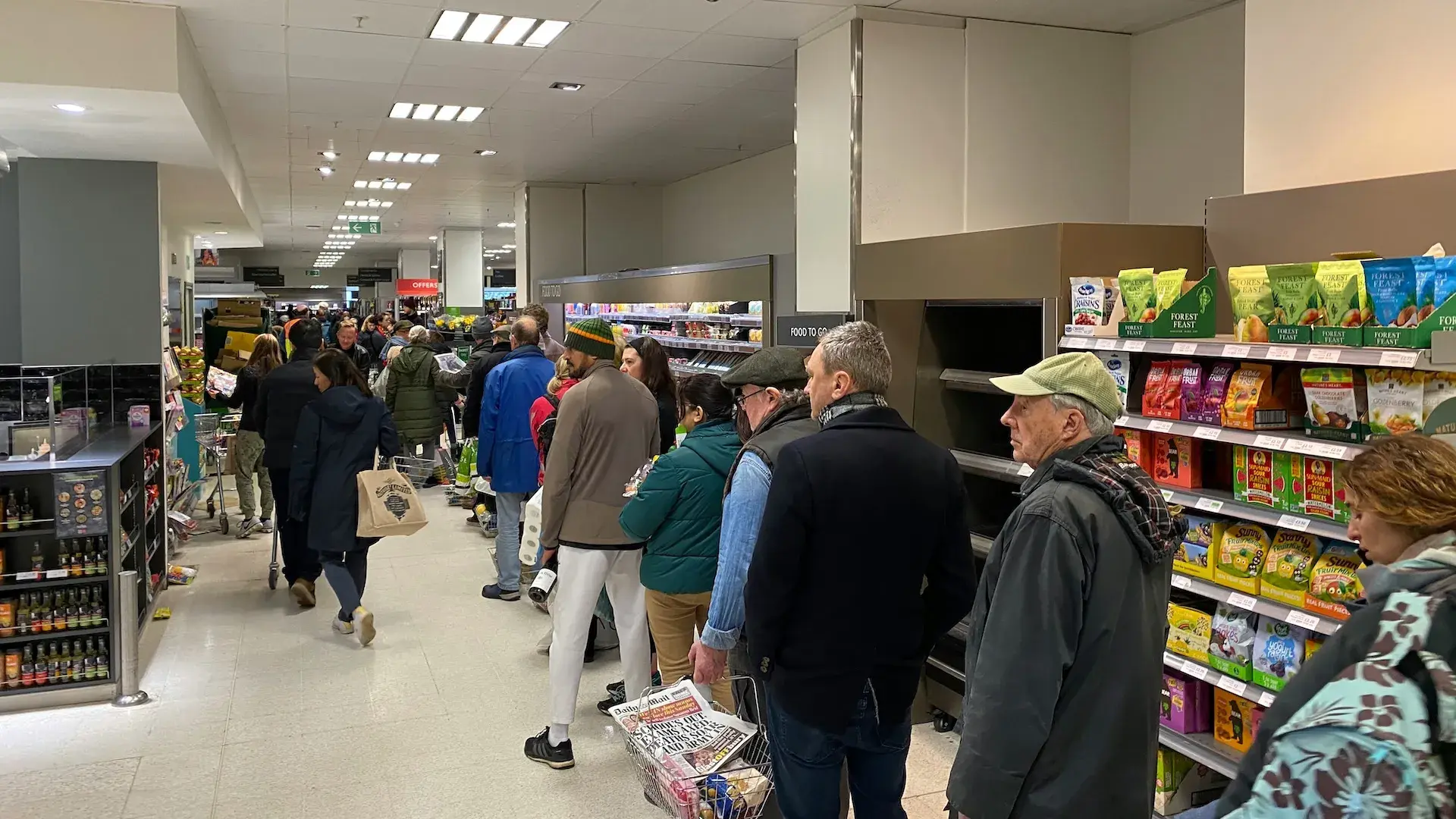
.svg)

